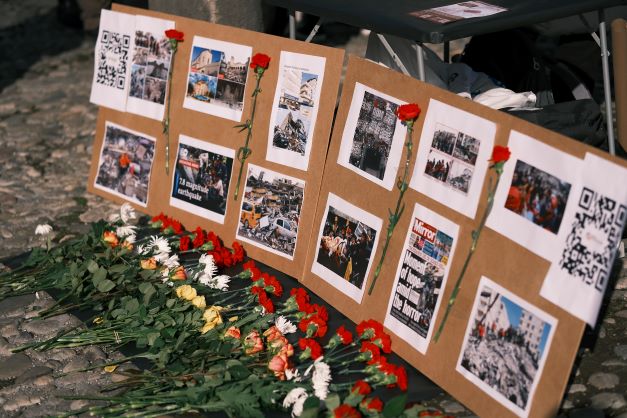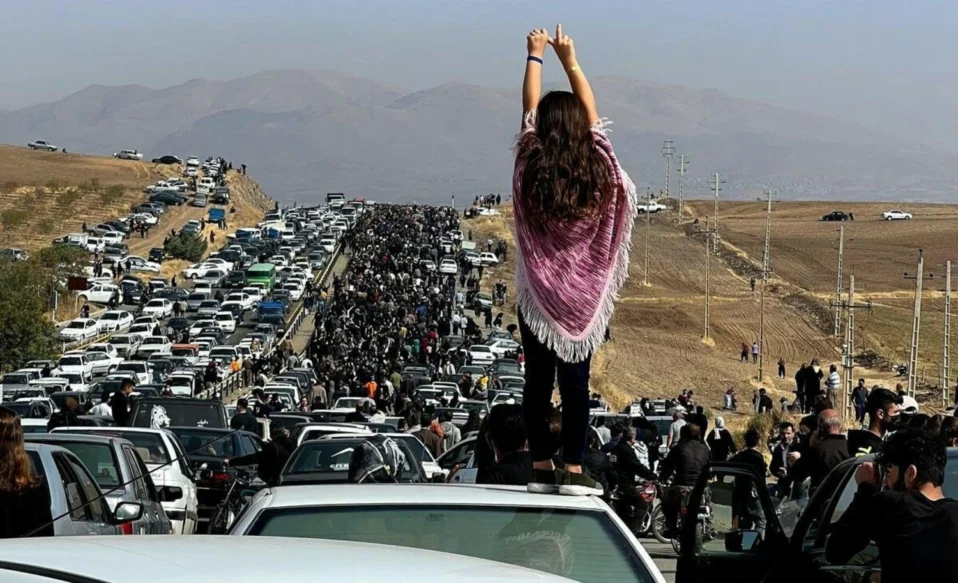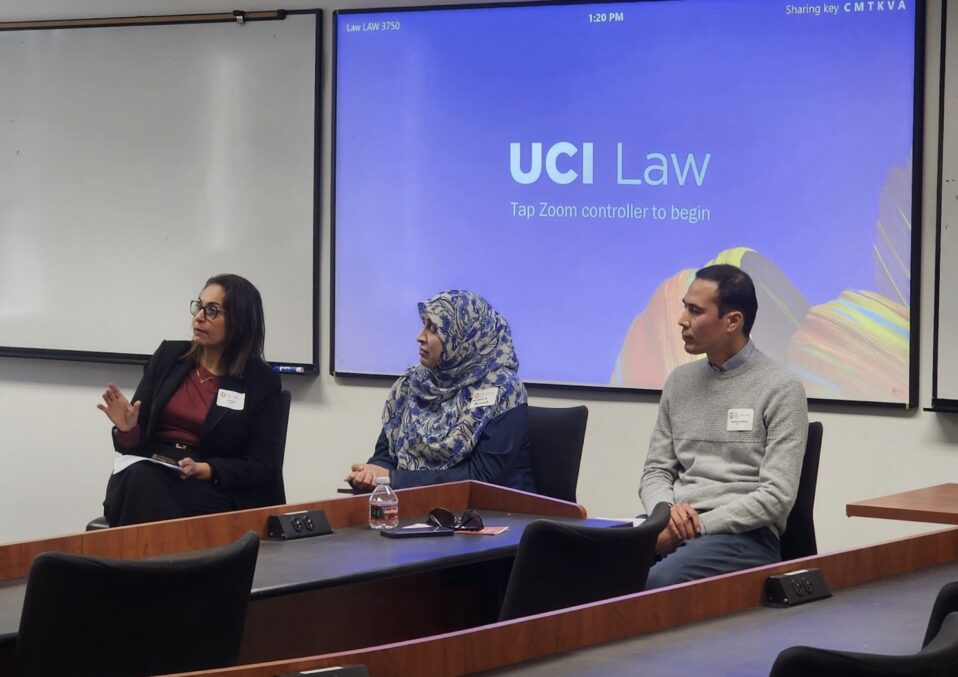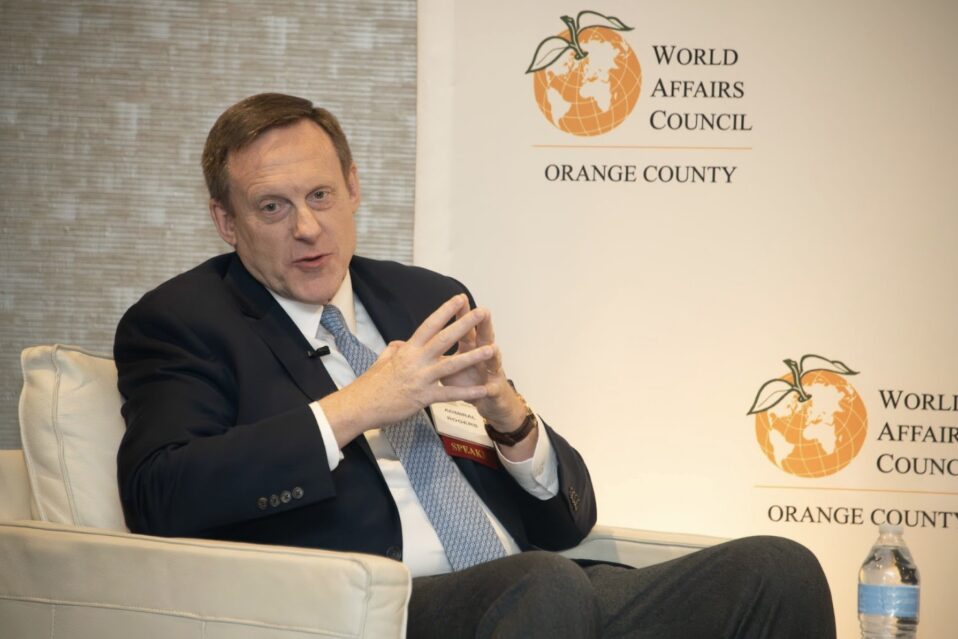Following the 7.8 magnitude earthquake that struck Turkey and Syria on February 6, 2023, both countries have suffered over 43,000 deaths and shortages of basic human needs. The inability to access food, water, warm clothing, medical help, and shelter results in the demand of international humanitarian aid assistance. The influx of aid is not sufficient enough to provide relief to the thousands of families and communities that have been destroyed. On top of the natural disaster, the geographic area continues to endure political crises – such as Ukraine and the Syrian Civil War. Syria is already fighting a twelve year civil war that has slowly lost the attention of the global community. Families do not even have proper tents or blankets to keep their kids warm while battling the 4 degree celsius nights risking further deaths.
Without international assistance, death tolls will continue to rise dramatically. The struggle to receive and distribute aid across communities puts immense pressure on the national governments and international agencies to help. The main emergency aid agencies active in Turkey and Syria are the World Food Programme, United Nations Office for the Coordination of Humanitarian Affairs, The United Nations Children’s Fund, International Red Cross and Red Crescent Movement, and Doctors Without Borders. From humanitarian aid to rescue assistance, the countries pledging support and providing relief are mainly the US, India, Qatar, Israel, Germany, and Italy. The US Secretary of State has announced 100 million dollars in disaster relief, European countries are coordinating rescue teams and firemen, and other Middle Eastern countries are helping with aid packages. Additionally, private organizations have contributed another 66 million dollars.
Political and logistical challenges on top of ongoing war exacerbates the implications of the earthquake. In order to mitigate the humanitarian crisis these two countries are suffering, help from the international community is integral.
Written by Community Outreach Intern, Kiana Flak





